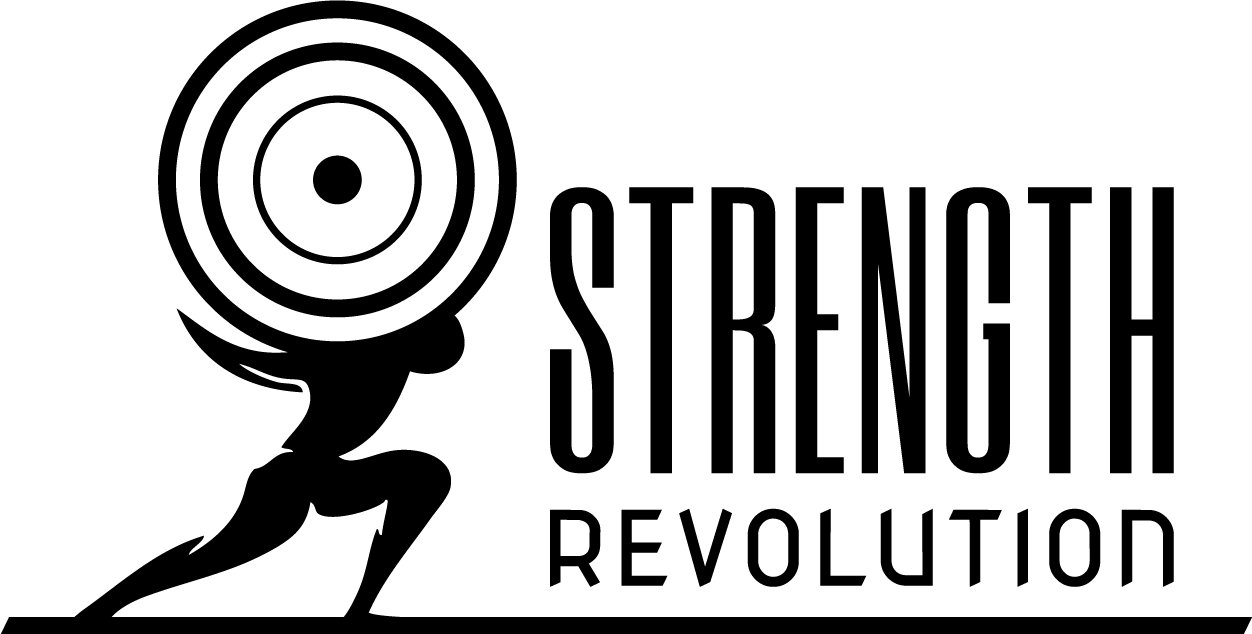Training. Not Entertaining
Which is more useful?
Being able to do 100 push ups or bench press 100kg. Jogging 2km or being able to deadlift 150kg?
I think sometimes people hold in mind that being able to do a lot of something is just the equivalent as strong enough to do something.
Therefore if you have one, the other must also be present right?…
Sadly this is not exactly the case.
I can take a lifter who has a 150kg squat or deadlift and we can go out and jog for a couple of kilometres. But, I can’t take someone who has only ever been jogging and have them pull 150kg off the ground.
Strength is the ability to produce force (in strength training we develop and chart this progress with barbells), and if you have only trained against gravity with your bodyweight it won’t auto convert into a high force production number, because it can’t.
In this case you’ve only trained up to a level of force production of your bodyweight and gravity. And for those that have tried to do handstands or press ups, it won’t sometimes be enough even to work for that.
Conversely someone who has got their squat and deadlift up to 1.5 times their bodyweight will be able to produce enough force to be useful in repetitive activities, running, cycling, many sports they may already be practicing.
“Increased forced production makes athletes even more athletic”
This is why endurance athletes I have coached report an increase in performance when they bring strength gains over to their sport. But, these kind of gains can’t be acquired from classes or constant variety. They are methodically planned and are best trained with just you and the barbell.
Increased forced production makes athletes even more athletic. It means they can go for longer or go faster when needed because they are benefiting from an increase ability to produce power. Check out my podcast on matching sports performance with gym training where talk all about this.
This matters if you are a long distance aerobic athlete such as a cyclist, rower or runner. Strength training has the ability to increase your work capacity. It also means that the good mechanics or your movement pattern are less prone to breakdown during training and in competition.
Think about it this way, repetitive strains and injuries rely on you repeating a movement pattern (the wrong way) enough times for it to become a problem. A 2-3 hour training event is plenty of time to do enough strides or strokes the wrong way when fatigued to lead to a visit to the sports medicine team.
Strength training helps to minimise this probability. It does this because as your absolute strength increases all tasks that you perform that are sub maximal (strides and strokes) become easier to do.
They then require less output from you. This reduces the fatigue affect that could then lead to a breakdown in the correct mechanics of your sport, which when performed many times (repetition during event or training) start to hurt you.
If you’re a runner or any sportsperson who is only training your sport, then you’re leaving something on the table.
Inevitably you will eventually meet with someone who has the same practice hours as you and has the same skill level as you.
At that point the more powerful athlete is going to be the winner.
Mo Farah has already figured this out and that’s why he squats and deadlifts a whole bunch.
This is why many sports teams now have a dedicated S & C coach. This is why schools and college athletic programmes are now converting to barbell training and getting their students strong. Strong people are powerful, and win stuff.
And winning stuff is fun and makes teams and sports programmes more relevant.
So although training might seem repetitive and not as entertaining as constant variety or your favourite gym class, it ultimately leads to…. well you already know.
Contact me to start some solid strength training that will make an actual difference to you



